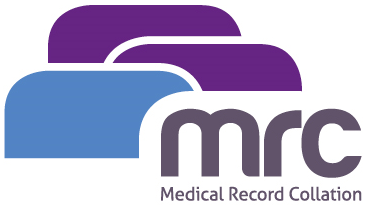The NHS in England is currently confronting a significant crisis which could contribute to an increase in incidences of clinical negligence, due to a confluence of underfunding and staffing shortages. With winter approaching, a time traditionally associated with an upsurge in patient admissions, NHS Providers — which represents hospital management — has criticised the Government’s refusal to allocate an additional £1 billion requested to manage the repercussions of strikes. This funding shortfall is causing a detrimental scaling back of plans to introduce extra beds, an essential resource to cope with the winter influx.
The government has maintained that preparations for winter have been thorough, noting the achievement of setting up 10,000 “virtual” beds, where patients with certain conditions are monitored remotely. However, the frontline realities speak of a system stretched thin. NHS Providers have voiced concerns that the measures in place may be inadequate to meet the imminent demands. The traditional practice of opening escalation beds to absorb the winter surge is threatened this year, with hospital bosses signalling the precariousness of both bed availability and the recruitment drive—currently hindered by a 10% vacancy in posts.
The financial constraints have led to a directive for the NHS to identify £900 million in savings from other areas, including information technology and maintenance, to compensate for the funding deficit. This directive comes amid reports of increasing patient safety risks, with three-quarters of the trusts surveyed reporting a financial situation worse than the previous year.
Clinicians and healthcare providers are bracing for the impact of these compounding issues on patient care. The current landscape, characterised by a record 7.8 million individuals on waiting lists, sets the stage for delays that not only breach patient trust but also raise the stakes for clinical negligence. The healthcare system’s capacity to ensure timely and effective treatment is integral to mitigating such risks. The situation is made more volatile by the looming threat of further strikes and the recent history of unprecedented waits for ambulances and in accident-and-emergency departments.
In such a climate, the potential for clinical negligence grows, not as a reflection of the dedication or competence of healthcare professionals, but as a distressing consequence of a system grappling with overwhelming pressure. It is essential for those affected by potential clinical negligence to seek expert guidance, particularly in navigating the intricacies of medical records and the legal framework that governs such cases. The NHS’s struggle to maintain service levels amidst financial and operational turmoil is more than an institutional dilemma—it is a public health concern with very personal ramifications for each patient and healthcare worker caught in its wake.
If you require medical records for a clinical negligence case to be sorted, please get in touch with us today, or visit our dedicated clinical negligence page.
